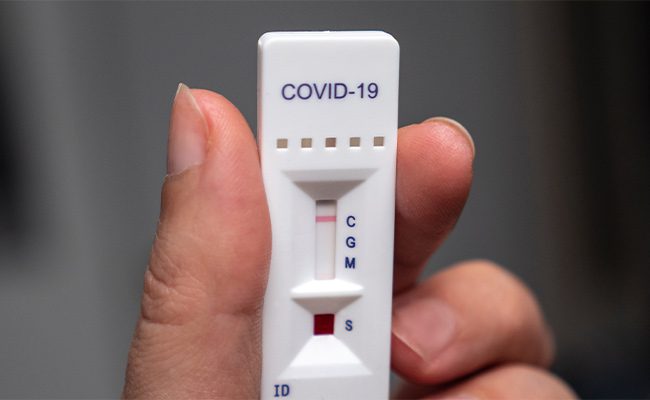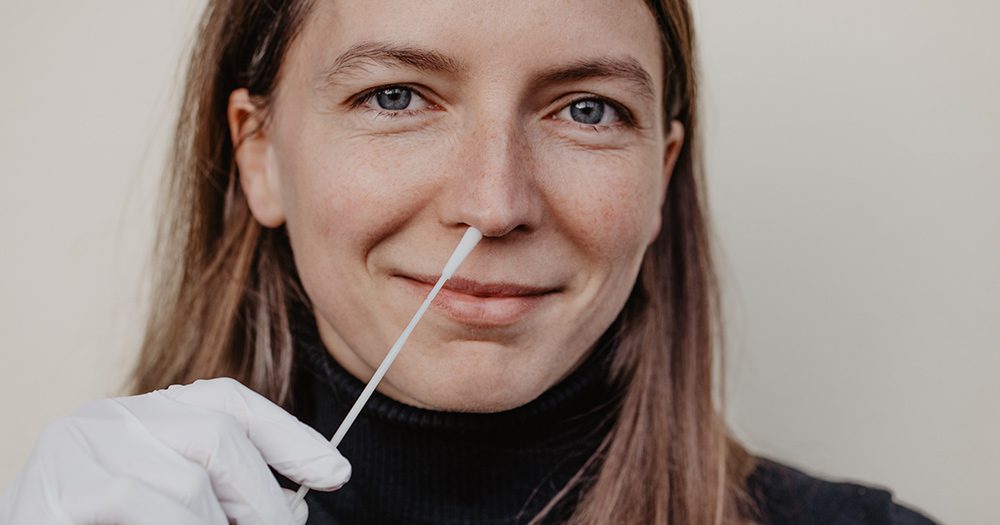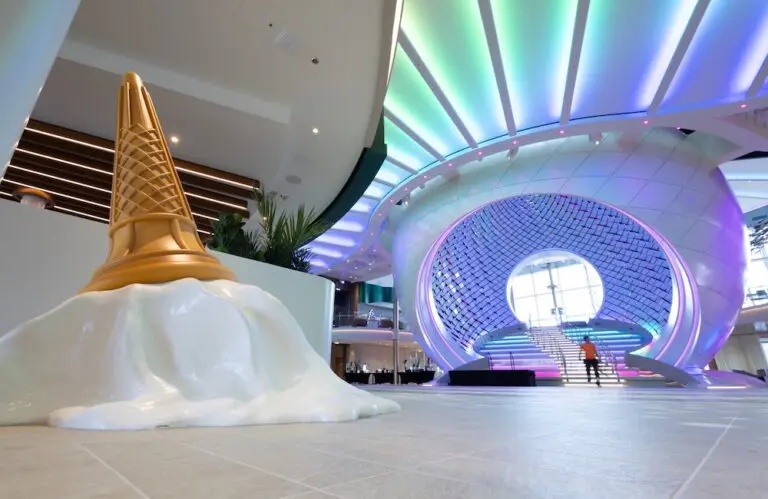In what is another positive step towards the arrival revival of travel, rapid home COVID-19 tests will be made available in Australia from November 1 following a recommendation from the health regulator.
The Therapeutic Goods Administration (TGA) says rapid antigen testing (RATs) will be made available in a matter of weeks, subject to final tests and approvals.
Rapid antigen tests have been used internationally and in some Australian industries for some time to screen employees for COVID-19 with no symptoms.
Rapid antigen tests can be performed easily and onsite with results available within minutes.
Federal Health Minister Greg Hunt said the new testing was a critical step forward.
“This is an important additional protection for Australians,” Mr Hunt told reporters on Tuesday.
“One of the important things is that we can supplement what is known as PCR testing – the testing that we all know if we go to a Commonwealth or a state clinic – with the home testing.”
In a statement, the administration said the introduction of self-testing was dependent on achieving higher levels of vaccinations across the country.
A spokesman said the states and territories would also need to have established systems in place for people to report positive self-test results, should they have COVID-19.
Those who tested positive from a self-test would then be directed to undergo a second test at a health clinic, the TGA said.
What is a ‘RAT’ test anyway?

Rapid antigen tests detect protein on the surface of SARS-CoV-2 directly from a sample. The sample can be a swab of the nose, but some use saliva samples.
They’re called ‘Rapid Antigen tests’ (RAT) because they give results more quickly than PCR tests, but because of their lower sensitivity, they are only useful in detecting high levels of viruses.
In a recent study from Oxford University, rapid antigen tests detected approximately 80% of infections in people with high levels of the virus when compared to PCR tests.
Australians could test themselves for #COVID19 from the comfort of their own homes by Christmas once the TGA approves the testing measure.
Rapid antigen tests only take 10-15 minutes and are already being used in a number of settings.
MORE: https://t.co/0cUMsC0VgW#9News pic.twitter.com/lXCVxmCM2S
— 9News Australia (@9NewsAUS) September 26, 2021
How are other countries using them?

Singapore has recently distributed home testing kits to all households nationally, free of charge.
It’s hoped people will use these tests if they have been in contact with a known case, or if they have symptoms of COVID. This may result in a reduction in transmission of the disease, but results remain to be seen.
Rapid antigen tests have also been used in schoolchildren in the United Kingdom.
Daily testing of children exposed to COVID in school was shown to be an acceptable alternative to self-isolation to prevent transmission while allowing children to remain in class.
Overseas, the costs of these tests have largely been covered by governments, occurring in pilot programs or clinical trials.
In parts of Europe, home tests can also be purchased from pharmacies and supermarkets for around AU$8 – $32.
In the US, tests cost up to AU$70. These have been used to facilitate travel with regard to entering countries and returning home.
How will they be used in Australia?

People without symptoms, for example, could use home testing as an extra reassurance prior to visiting family or attending events.
Home testing could also be used to monitor for the presence of infection after a known exposure, reducing the need for extended quarantine before or after travelling.
Via AAP and The Conversation.





